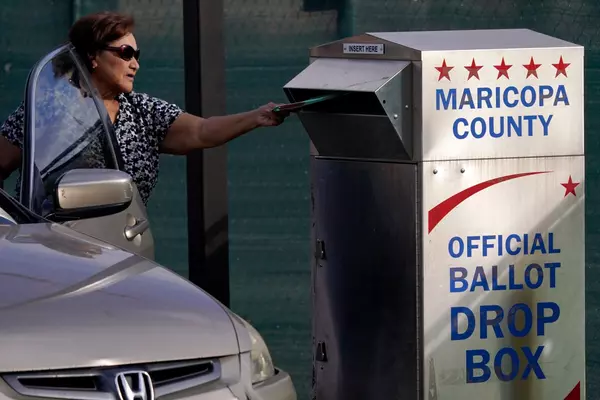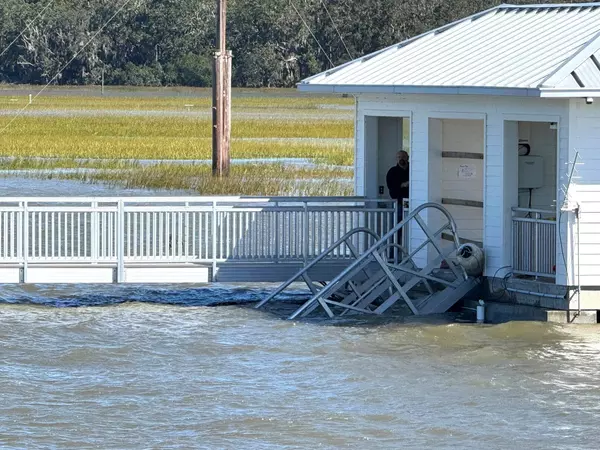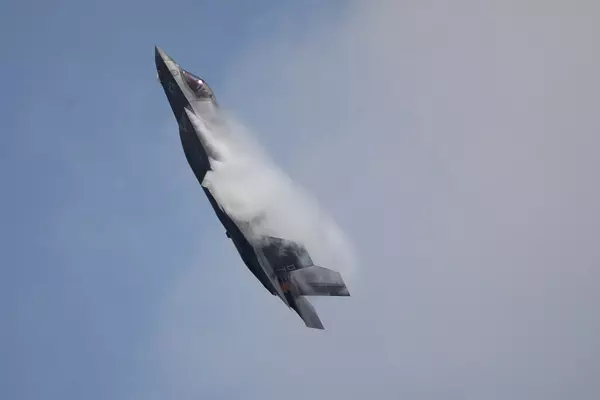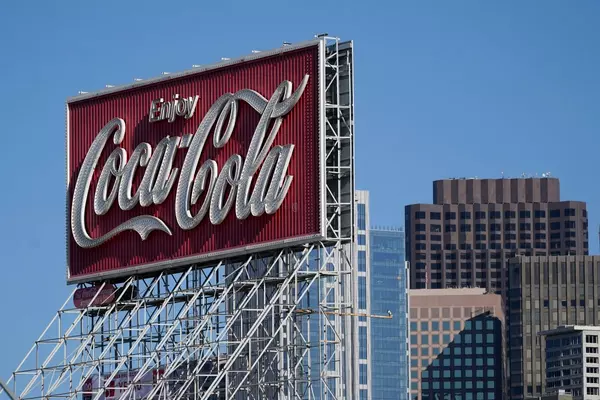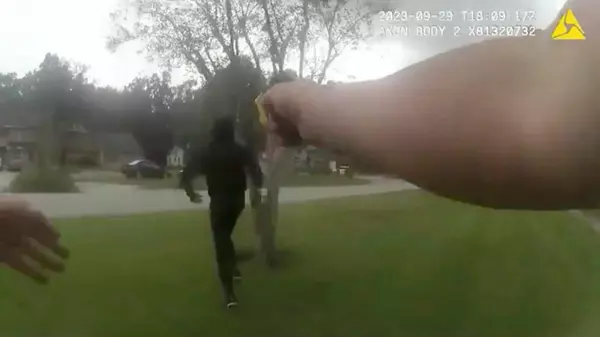
Moscow has blamed Ukrainian security services and supporters of jailed Kremlin critic Alexei Navalny for the killing of a prominent Russian ultranationalist blogger in a St Petersburg café. Kyiv and Navalny’s supporters have denied the allegations. But the attack on a figure with close links to the Wagner Group has underscored blowback threats from the war in Ukraine.
Street Food Bar No. 1 on Universitetskaya Embankment right by the Neva River was once considered a cool café for tourists visiting St Petersburg, the western Russian city also known as “the Venice of the North”. But that was long before it all blew up on Sunday evening.
The café was holding a “Cyber Front Z”, a weekend discussion club that draws supporters of Russia’s invasion of Ukraine who rally around the “Z” pro-war symbol.
Maxim Fomin – a prominent military blogger better known by his nom de guerre “Vladlen Tatarsky” – was the star attraction that evening. Photographs posted on social media showed the ultranationalist blogger framed by a large screen displaying a close-up of his face surrounded by a firepower halo of pistols, antitank rifles and other weapons.

Suddenly, a blast ripped through the premises, killing Fomin and wounding dozens, according to Russian media reports.
The daring attack on a Russian ultranationalist blogger in the heart of St Petersburg – the birthplace of President Vladimir Putin – has exposed the security risks in a country that has dispatched mercenaries to wage a war across its border, arming tens of thousands of citizens under the command of civilian bosses who openly criticise Russian military officials and threaten the state’s monopoly on violence. A war across the western border in Ukraine has also raised the specter of infiltration and attacks by the enemy state, bringing the conflict home and raising domestic threats.
Fomin’s killing was the second deadly attack on a Russian ultranationalist figure following the August 2022 car bombing on the outskirts of Moscow, which killed Darya Dugina, daughter of far-right ideologue Aleksandr Dugin. US intelligence believes the Ukrainian government authorised the attack, according to the New York Times.
Suspect ‘very conveniently’ linked to Kremlin critic
Russian authorities have called Fomin’s killing a “terrorist act” and have blamed Ukraine’s intelligence services for organising the bombing “with help from supporters” of jailed Kremlin critic, Alexei Navalny.
Russia’s National Anti-terrorism Committee (NAC) on Monday released a video of the arrest of a 26 year-old woman, who they said handed Fomin a figurine packed with explosives at the Street Food Bar No.1 café.
The suspect, according to Russian investigators, “holds opposition views and is a supporter of the Anti-Corruption Foundation”, referring to Navalny’s banned organisation.
Denying the accusations, the head of Navalny’s Anti-Corruption Foundation said it was “very convenient” for the Kremlin to blame its critics. “Naturally we have nothing to do with this,” said Ivan Zhdanov.
Ukrainian officials have also dismissed allegations that their country’s intelligence services organised the attack.
At a press conference on Monday in the northern Ukrainian region of Chernihiv, where he paid tribute to villagers who were imprisoned by Russian forces a year ago, President Volodymyr Zelensky suggested it was an internal Russian issue.
"I'm not thinking about what's happening in St Petersburg or Moscow. Russia should be thinking about that. I'm thinking about our country," said Zelensky.
A day after the St Petersburg attack, Gulliver Cragg, FRANCE 24’s correspondent in Kyiv, noted that the opinion on local radio stations was that the “Ukrainians didn’t do it” and that Fomin’s killing was more likely due to “some internal conflict between Russians”. The critical issue though, noted Cragg in a Twitter post, was that Kyiv pundits thought it was fine if “Russians think Ukrainians did it” since it brings the war “that much closer and even St Petersburg is not safe”.
From criminal to combatant to ‘war correspondent’
For those thinking about what’s happening inside Russia, the picture that emerges a year after the full-scale invasion of Ukraine is disquieting.
The rise and fall of Fomin, a 40-year-old with a criminal background, in many ways is emblematic of the violent lawlessness gripping Russia today, according to experts.
Hailing from Ukraine’s Donetsk region, which Russia claims, Fomin spent time in jail for a bank robbery before escaping during the chaos of 2014, when Russian-backed separatists seized government buildings in the eastern region and declared an independent state.
Upon his escape, Fomin promptly joined the separatist forces, transforming from criminal to armed combatant and receiving frontline battlefield experience.
His next metamorphosis, from fighter to voenkory – a shortening of the Russian voennye korrespondanty, or military correspondent– exposes the challenges the Kremlin faces when it comes to the war narrative in a country without press freedom.
In 2019, Fomin “retired” from military service, according to Russian media reports, and became a voenkory for the Vostok Battalion, a pro-Moscow militia group operating in Ukraine’s eastern Donbas region since 2014.
Back in the Soviet days, voenkory was a prestigious job, when some of the country’s best journalists covered the invasion of Afghanistan. Often embedded with military units, the voenkory had no press freedom under the Soviet regime, but they had experience maneuvering their communist censors and were considered masters of their craft.
The February 2022 full-scale invasion of Ukraine saw a vicious crackdown on press freedom, with the Russian media forced to toe the Kremlin line. But the lack of accurate information on the frontline was a source of frustration for some Russians – and an untenable one in the social media era.
Enter the voenkory 2.0, which now includes correspondents and bloggers posting reports on the Telegram messaging service.
With his “Vladlen Tatarsky” nom de guerre, Fomin was a star on the nationalist Telegram trail, gathering more than half-a-million followers by the time of his death. He became a household name on September 30, 2022 – the day Putin announced the annexation of four Ukrainian regions – when Fomin told journalists at a Kremlin ceremony: “We’ll defeat everyone. We’ll kill everyone. Those who deserve to be robbed will be robbed. It will be the way we like it.”
“Tatarsky was quite vocal, and his posts were not for the faint hearted,” explained Alexandra Filippenko from the Euro-Atlantic Security unit at the Berlin-based Younger Generation Leaders Network (YGLN). “The nicest thing he could say about the Ukrainians were 'swine'.
It was very antagonistic, very war-driven and very unpleasant to read.”
A critic of Russia’s defence establishment
Fomin was also exceptionally critical of what he called the incompetence of the Russian military and defence ministry, regularly denouncing top officials, including Defence Minister Sergei Shoigu.
It was a view shared with Yevgeni Prigozhin, head of the Wagner mercenary group, and a divisive figure who frequently criticises the Russian defence establishment’s handling of the Ukraine war.
Street Food Bar No. 1 was owned by Prigozhin, who told reporters that he “gave the café over to the patriotic Cyber Front Z, which held various seminars there”.
In his immediate reaction to Fomin’s killing, the Wagner boss said he did not believe the Ukrainian government was responsible for the attack. “I wouldn't blame the Kyiv regime for these actions. I think a group of radicals who are unlikely to have any connections with the [Ukrainian] government are acting," said Prigozhin.
But the Wagner boss lacks credibility, notes Filippenko. “Prigozhin is a man of hype. He is wherever the people’s attention is at the moment, commenting on everything and anything. I’m not sure he has special insight on Tatarsky’s killing,” she said.
The 2022 Ukraine invasion has seen Prigozhin emerge on the global stage from a shadowy figure to a mercenary boss acknowledging Wagner’s overseas missions and publicly chiding Moscow’s military chiefs.
But after a year of small battlefield gains and major failures, the Wagner boss is being left out of Putin’s inner circle, according to Kremlin watchers.
“Prigozhin has fallen out of Putin’s favour. He has been trying for months to be at the table with the big guys, but he’s not the favourite these days,” said Filippenko. “He was recruiting prisoners to fight in Ukraine and the Russian prison authorities couldn’t do anything because Prigozhin was all-powerful. But since February, he’s not going to the prisons anymore, only the ministry of defence is doing the recruiting.”
>> Battle for Bakhmut highlights divide between Wagner chief and Kremlin
In or out of the Kremlin’s favour, the Wagner chief still wields considerable resources as well as the armed men under his command.
Wagner is believed to have 50,000 fighters in Ukraine, according to British military intelligence estimates. Although mercenaries are illegal in Russia, Wagner registered as a company in 2022 and opened new headquarters in St Petersburg, where Prigozhin has business interests.
Once a Kremlin caterer – which earned him the moniker “Putin’s chef” – Prigozhin has expanded his economic empire, particularly in Africa, where his mercenaries are guarding diamond mines in the Central African Republic and operating in resource rich but poorly governed countries such as Libya, Sudan and Mali.
Spiders ‘eating each other in a jar’
Prigozhin is not the only Russian warlord commanding armed fighters. Chechen strongman Ramzan Kadyrov has also deployed fighters, dubbed "Kadyrovtsy" – or Kadyrovites – in Ukraine. His troops have been accused of brutal excesses in places such as Mariupol and they have such a fearsome reputation that some experts say the deployment of Chechen fighters was part of Moscow’s “psychological war” on Ukraine.
Kadyrov is no stranger to assassinations in Russian cities. Western intelligence agencies link him to the murders of Kremlin critic Boris Nemtsov and journalist Anna Politkovskaya.
The Chechen warlord’s commanders include Ruslan Geremeyev, who was put on a US Treasury Department sanctions list in 2019. In its designation announcement, the Treasury Department listed Geremeyev for “acting as an agent of or on behalf of Head of Chechen Republic Ramzan Kadyrov in a matter relating to extrajudicial killings, torture, or other gross violations of internationally recognized human rights”.
In the past, the Kremlin could claim deniability and distance from unsavory figures such as Prigozhin and Kadyrov. But the Ukraine war has blown that cover, which in turn puts Russia in a precarious security situation.
Shortly after Fomin’s killing, Ukrainian presidential aide Mykhaylo Podolyak suggested the attack was triggered by internal Russian political struggles. “Spiders are eating each other in a jar,” said Podolyak on Twitter.
For Filippenko, the mercenaries, bombings and attacks stir up images of the 1990s, when the collapse of the Soviet Union brought economic collapse, social chaos and sparked the rise of oligarchs and violent crime.
“There are so many different groups in what we call the towers of the Kremlin and they might be trying to establish their power and become more powerful. It could become like in the 1990s, making it much more dangerous for ordinary Russians,” she said.
It’s not an unfamiliar scenario for the former Russian intelligence chief turned president. Putin is credited with ending the chaos of the 1990s and establishing an autocratic order for which he still enjoys the support of many Russians.
As a native of St Petersburg – which was Leningrad in his youth – the Russian president understands the violence on the street. He once told journalists that his Leningrad street fights taught him how to fight the Islamic State (IS) group in Syria. The question now is whether Putin can tackle the threats and blowback from another war that’s just across his country’s border.
